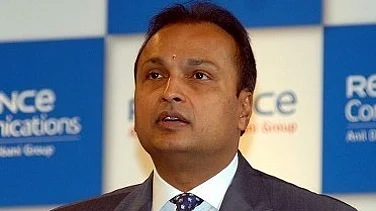Former NITI Aayog Vice-Chairman Arvind Panagariya on Sunday said it would be 'silly' to compare the economic situation of Sri Lanka with India, though lessons can be learnt from the crisis in the island nation.
Panagariya, in an interview with PTI further said since the 1991 balance of payments crisis, successive governments have managed the macroeconomy conservatively.
He pointed out that in the case of India, fiscal deficits have not been allowed to get out of hand, the exchange rate has been allowed to depreciate to keep the current-account deficit low, monetary policy has been restrained to keep inflation low and the opening of financial capital flows has been done in a calibrated fashion.
"This is a silly comparison...suggestions of any parallels between India and Sri Lanka currently are laughable," Panagariya said, adding that India has rarely borrowed abroad to finance its fiscal deficit.
The eminent economist was asked to comment on former Congress president Rahul Gandhi's statement in which Gandhi hit out at the Modi government over rising inflation and unemployment and said India looks a "lot like Sri Lanka" and the Centre should not distract people.
Sri Lanka is grappling with a severe economic crisis and India has been at the forefront of extending economic assistance to Sri Lanka.
Panagariya said, "We must surely take lessons from the Sri Lankan experience for our future macroeconomic management. That is the main relevance of the events there for India."
Replying to a question on unemployment, Panagariya, a professor of economics at Columbia University asserted that India’s problem is not unemployment; instead, it is under-employment or low-productivity employment.
"We need to work on creating well-paid jobs for the masses," he said, adding that the unemployment rate even in the Covid year of 2020-21 had been down to 4.2 per cent compared with 6.1 per cent in 2017-18.
The eminent economist noted that those who had raised a hue and cry at the 6.1 per cent rate in 2017-18 have now gone completely quiet on the unemployment rates reported by the Periodic Labour Force Survey (PLFS).


























.jpg?w=200&auto=format%2Ccompress&fit=max)




